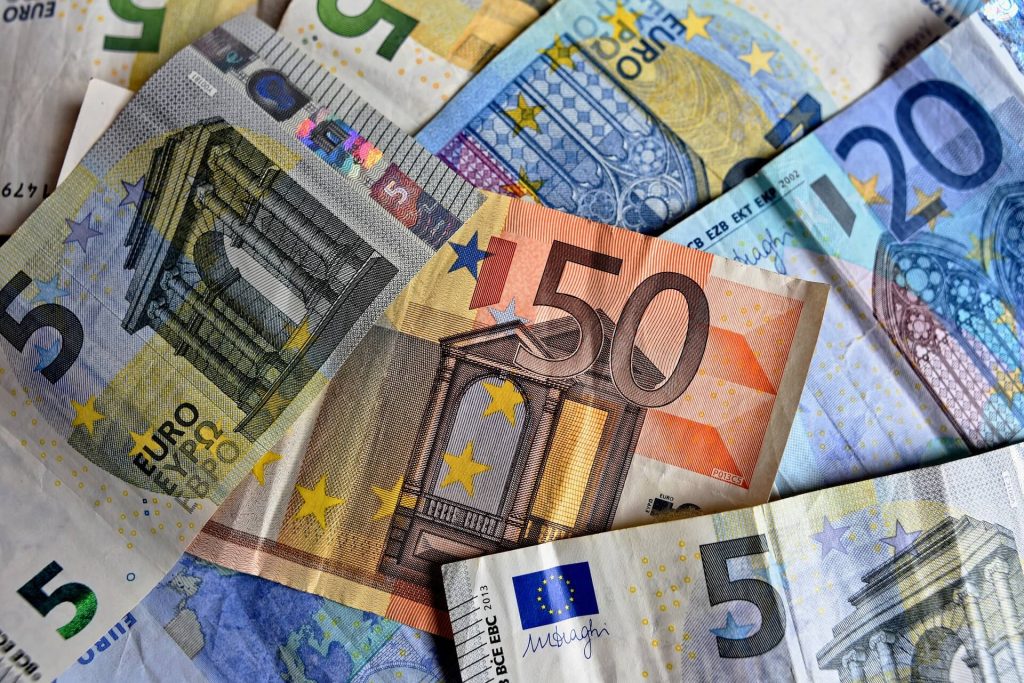European Commission Executive Vice-President Valdis Dombrovskis on Monday confirmed that the Commission plans to release its convergence report on 1 June.
“In Croatia debt ratios have declined significantly over the years and show a strong downward trend. This sends an important signal ahead of the convergence report that we will present on 1 June. As you know, Croatia aims to adopt the euro as its currency on January 1, 2023,” Dombovskis told a press conference.
In its analysis of the macroeconomic situation in Croatia, the Commission notes that the country has made progress in reducing private debt and net external liabilities. It underscores that public debt remains high but continues its downward trend towards the situation prior to the COVID-19 pandemic. The banking system remains stable and liquid and the share of bad loans is decreasing. The potential for production growth has increased and funds under the Recovery and Resilience Mechanism can help deal with other vulnerabilities, the Commission says.
The Commission publishes its convergence report every two years. According to the last report in June 2020, Croatia had fulfilled all the criteria to enter the euro area except for membership of the European Exchange Rate Mechanism (ERM II).
Croatia soon met that criterion too, when it entered the ERM II on 10 July 2020.
The readiness to introduce the euro is determined according to convergence criteria, including price stability, regulated public finances, exchange rate stability, and convergence of long-term interest rates. National legislation is checked against the rules of the Economic Monetary Union (EMU).
Currently, the inflation rate is the only uncertain criterion at the moment. It must not exceed by more than 1.5 percentage points the average inflation rate of the three EU countries with the lowest annual inflation in the year preceding the assessment of the situation in the candidate country.
If Croatia gets a positive assessment, the finance ministers of the 19 euro area countries need to adopt the Commission’s recommendation with a qualified majority.
The formal decision is delivered by Ecofin, comprising all EU finance ministers, after consultations with the European Parliament and following the June summit of EU leaders.
For more, check out our politics section.












